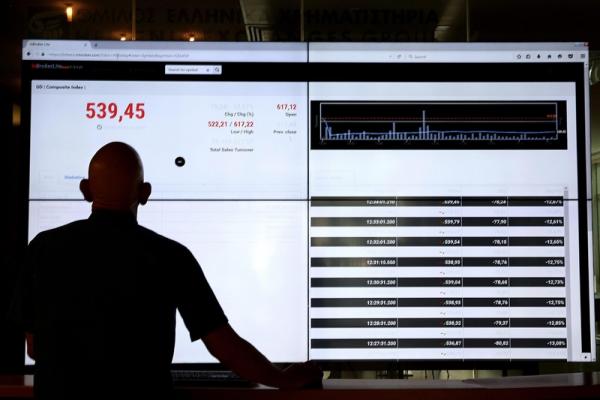David Shepardson
WASHINGTON (Reuters) – The commerce secretaries of the United States, Japan and South Korea pledged on Wednesday to cooperate on strategic issues including artificial intelligence (AI) security, export controls, clean energy and semiconductor supply chains.
“We are redoubling our efforts to work together,” US Commerce Secretary Gina Raimondo said at the start of the meeting in Washington.
“Because the three of us are leading economies in manufacturing, services, technology and innovation, we must work together for the benefit of not only our countries, but the security of the world,” Raimondo said.
At the first trilateral meeting, she was joined by Japanese Minister of Economy, Trade and Industry Ken Saito and South Korean Minister of Trade, Industry and Energy An Duk-geun. The decision to hold the meetings was made by the leaders of the countries at the August summit at Camp David.
In a statement after the meeting, the ministers said they would “focus our joint efforts on a range of strategic areas designed to enhance the security and prosperity of our people and the Indo-Pacific region. We are committed to making collaboration a priority to improve supply sustainability.” chains in key sectors including semiconductor and battery manufacturing,” as well as artificial intelligence security, critical minerals, cybersecurity and technical standard setting.
Saito said the three “agreed to build a strong and reliable supply chain for strategic materials by working together with like-minded countries, including Japan, the United States and South Korea, and creating a market that fairly values factors other than price.” “
Last month, President Joe Biden vowed to sharply increase tariffs on critical minerals from China as Washington vows to reduce China’s dominance in critical minerals supply chains.
In March, a Commerce Department official said the United States was asking allies to stop domestic companies from servicing certain chip-making tools for Chinese customers, a key part of the United States’ efforts to limit China’s chip-making capabilities.
“We expect the meeting of the industry ministers of South Korea, the United States and Japan to serve as an institutional framework for deepening and developing industrial cooperation between the three countries and jointly responding to global risks,” Ahn said.


